Safety First After 60: 10 Things Baby Boomers Should Never Do Alone
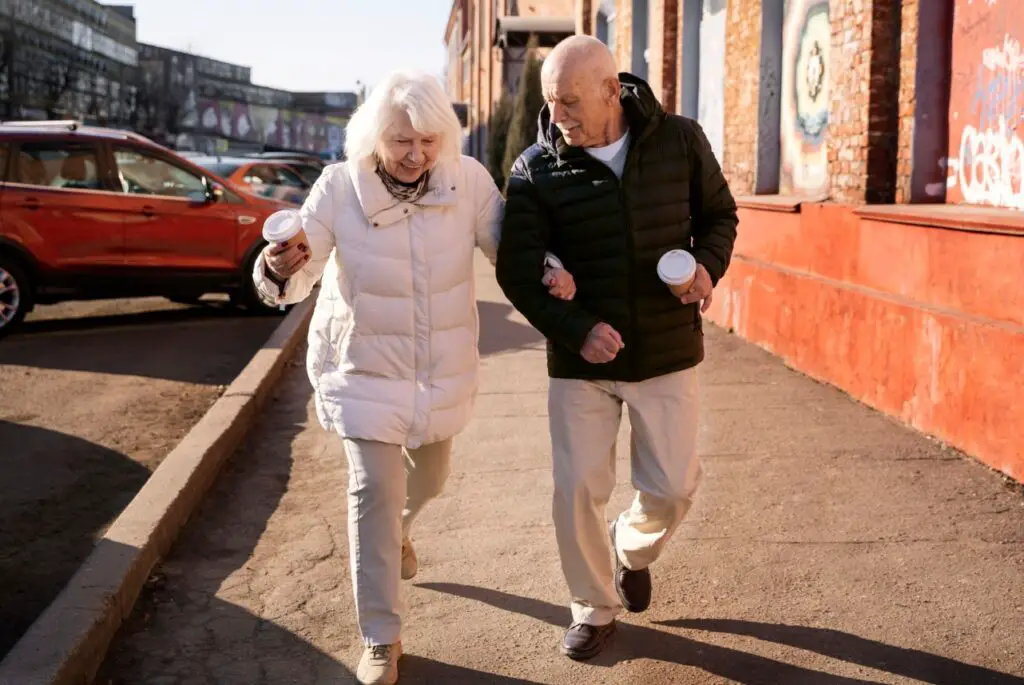
As we grow older, one of the most cherished things in life is independence. After all, baby boomers have always prided themselves on doing things their own way. But here’s the truth: just because you can do something alone doesn’t always mean you should. In fact, there are some everyday activities that can become unexpectedly risky after 60—even for the healthiest and most active among us.
This is not about limiting freedom or sounding alarms. It’s about staying smart, staying safe, and making the most of life without unnecessary setbacks. A little planning and a helping hand can make all the difference. So before you go it alone, take a look at these 10 things baby boomers should never do solo—for your own peace of mind, and the people who care about you.
1. Go for Long Walks or Outdoor Exercise Alone
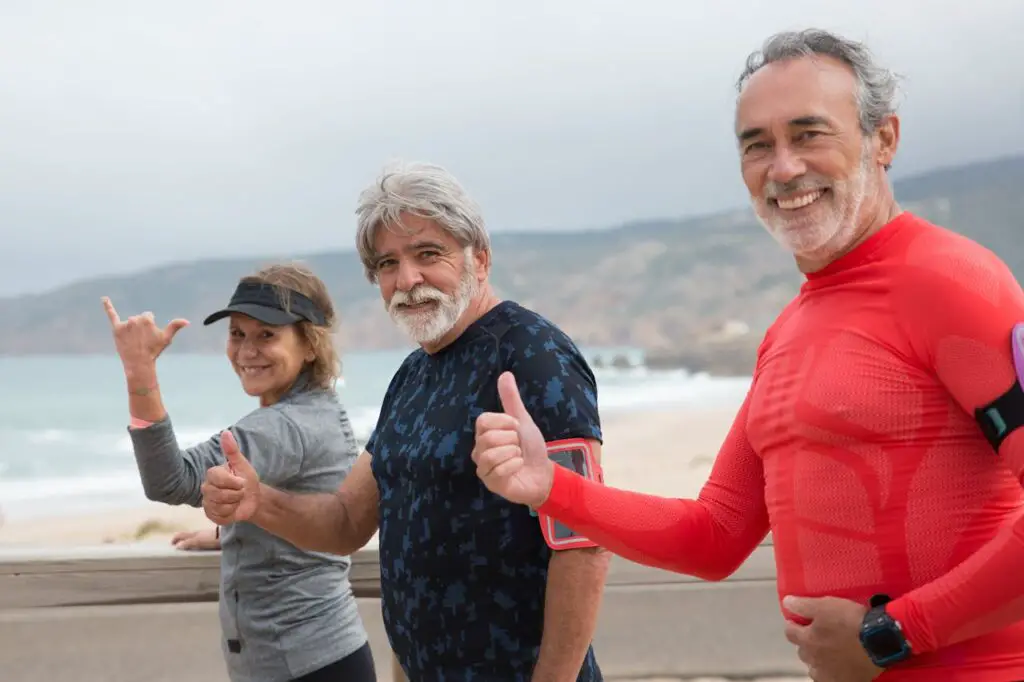
Staying active is a major key to healthy aging, but it’s important to be mindful of how and where you do it. Walking alone, especially in unfamiliar areas or during odd hours, can leave you vulnerable if you fall or feel unwell. According to the CDC, one in four seniors experiences a fall each year. Even a minor stumble can turn serious if no one is around to help. Try to walk with a friend, neighbor, or join a local walking group—it’s safer and more fun.
2. Drive Without Regular Health Checkups
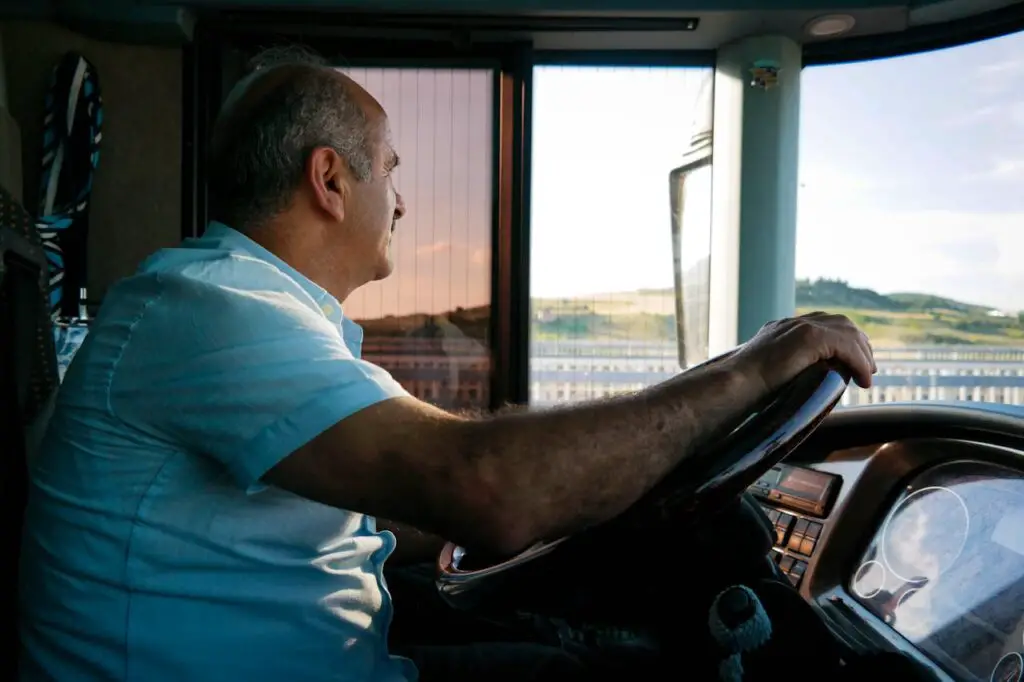
Driving offers independence, but it also demands sharp reflexes, clear vision, and good hearing. Unfortunately, these senses can decline gradually with age. Seniors over 85 are at a significantly higher risk for fatal car crashes. Instead of assuming you’re good to go, make it a point to get your eyes, ears, and reaction time checked regularly. If you’re ever unsure, consider asking a family member to ride along, especially for night driving or unfamiliar routes.
3. Manage Medications Without a System
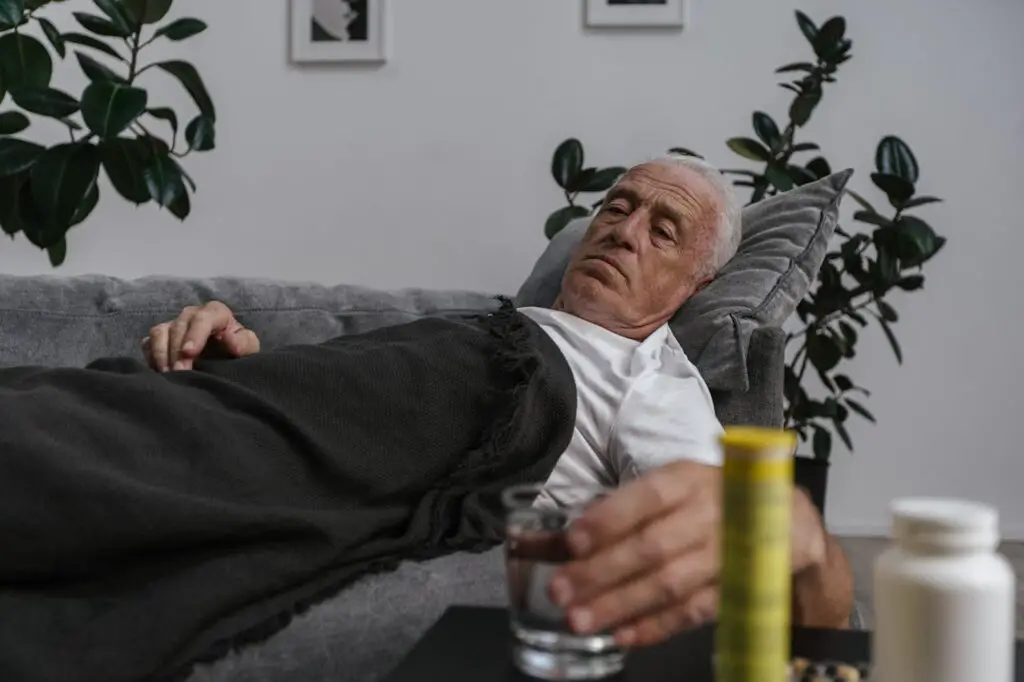
It’s easy to lose track when you’re juggling multiple prescriptions—especially if some are taken only occasionally or at different times of the day. Mixing up medications or missing doses can lead to serious health complications. Using a pill organizer, setting alarms, or syncing with a loved one to double-check your schedule can be life-saving. Don’t leave this task to chance. A little organization goes a long way.
4. Tackle Major Home Repairs Solo
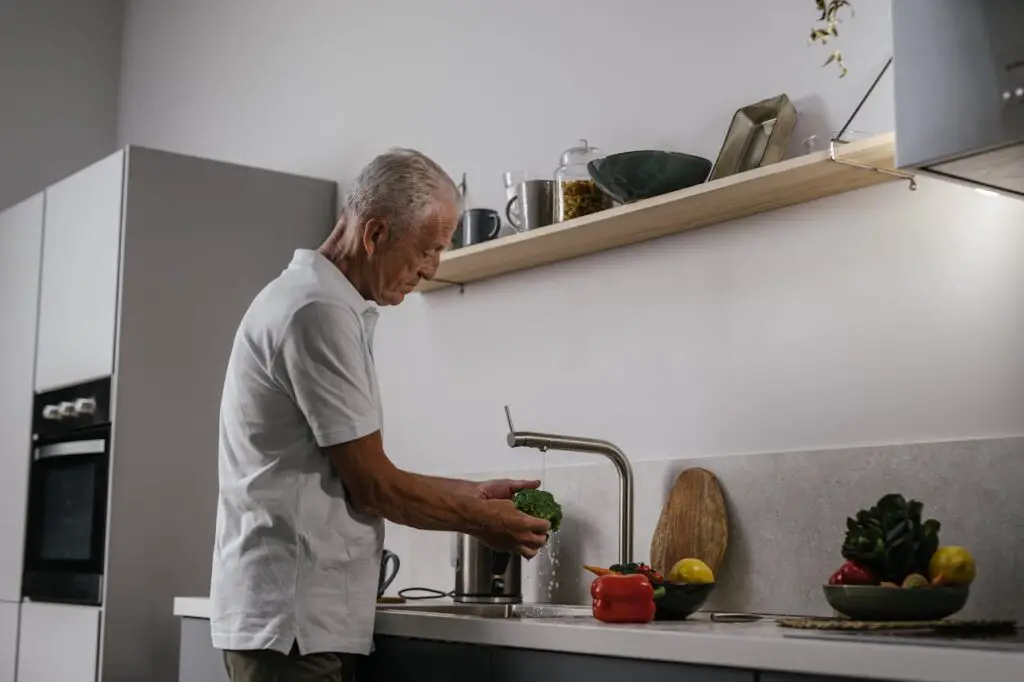
You might feel confident grabbing a ladder to change a light bulb or trying to fix a leaky faucet, but home repairs come with hidden dangers. Falls, electric shocks, and even simple slips are far more likely when you’re doing things on your own—especially without someone nearby to assist or call for help. Instead of going it alone, hire a licensed handyman or ask a trusted friend or family member for assistance. It’s a safer and less stressful solution.
5. Overlook Home Safety Upgrades
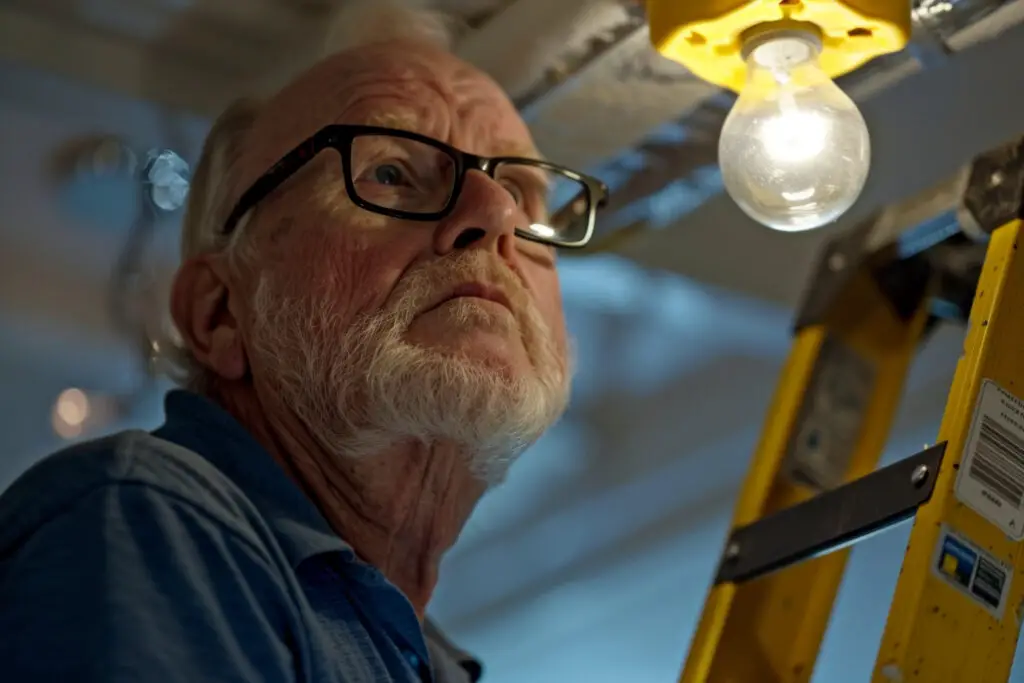
Your home may feel perfectly comfortable, but even the smallest hazard can become a big problem. Loose rugs, poor lighting, or missing handrails are common causes of household injuries. Installing grab bars in the bathroom, using night lights in hallways, and clearing walkways can significantly lower your risk of accidents. Home should always feel safe—and sometimes that means being proactive about upgrades before accidents happen.
6. Cook Without Safety Checks
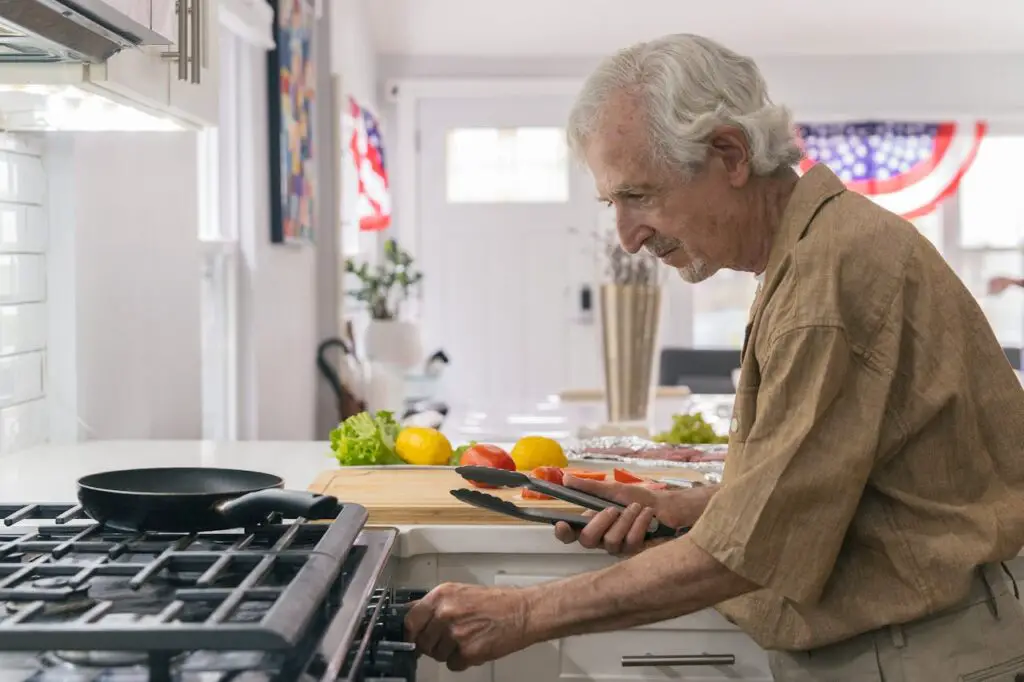
Cooking is a great way to stay active and eat healthy, but it comes with its own set of dangers. Leaving a burner on or accidentally starting a grease fire can quickly escalate. If you’re cooking alone, never walk away from the stove, and always keep a fire extinguisher within reach. Wear short or snug sleeves while cooking, and use timers or smart kitchen gadgets to remind you of what’s on the burner. When in doubt, meal prep with a friend—it’s safer and more social.
7. Isolate Yourself Socially or Emotionally
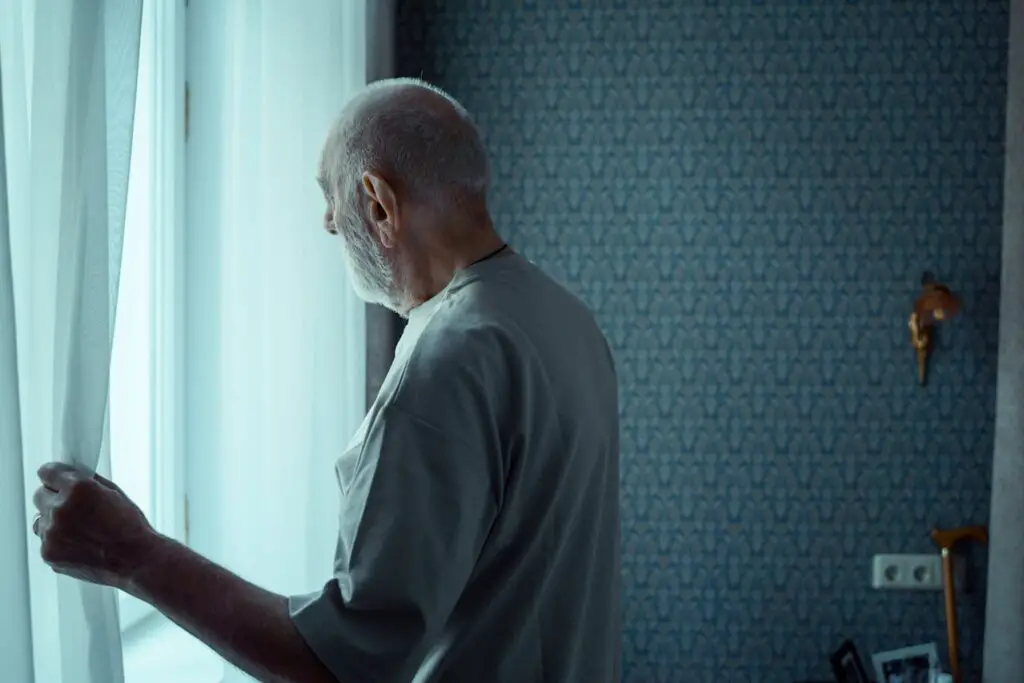
Spending time alone can be relaxing, but too much solitude can be harmful—mentally, emotionally, and even physically. Loneliness has been linked to increased risks of heart disease, depression, and cognitive decline. Make it a point to stay connected: join local clubs, take classes, volunteer, or schedule regular calls with friends and family. A simple conversation or shared activity can lift your spirits and help you feel more grounded.
8. Handle Finances Without Oversight

From paying bills to managing retirement accounts, finances become more complex as we age. Unfortunately, seniors are often targeted by scams, and even well-meaning people can make costly mistakes if they’re trying to handle everything solo. Set up automatic bill pay when possible, and have a trusted person—such as a family member or financial advisor—help you review statements and major decisions. A second set of eyes can offer protection and peace of mind.
9. Skip Health and Legal Planning
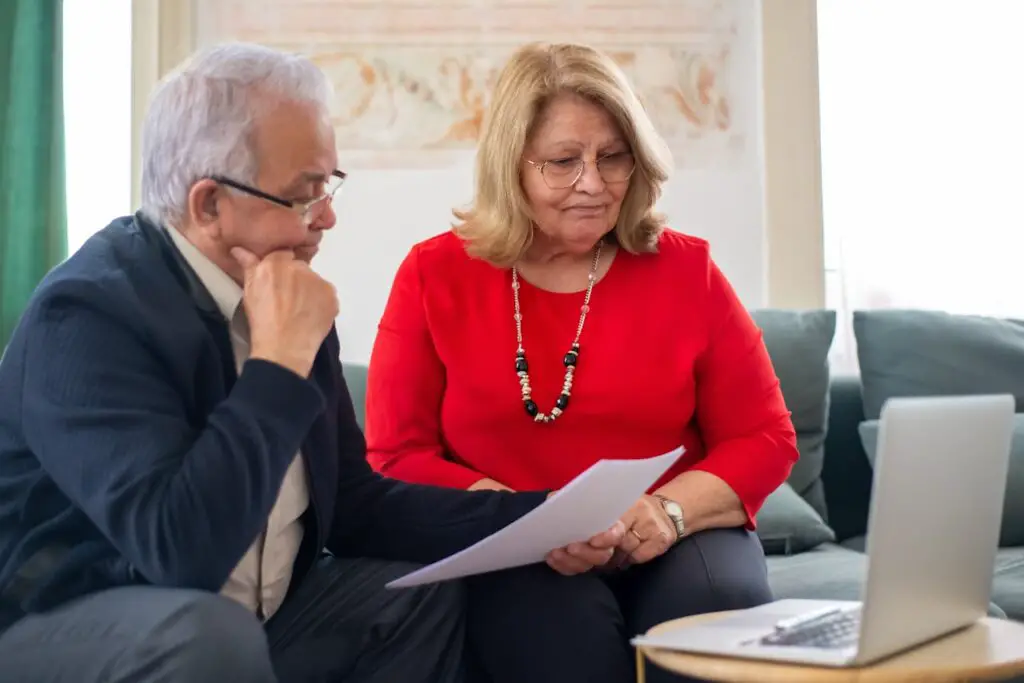
Having your health and legal documents in order is one of the most thoughtful things you can do—for yourself and your loved ones. Without a medical directive, power of attorney, or emergency plan, your wishes may not be followed if something unexpected happens. Take time now to designate who will make decisions for you if needed, and communicate those plans clearly. Doing this with someone by your side ensures nothing gets overlooked or misunderstood.
10. Ignore Transportation Alternatives

There may come a time when driving becomes uncomfortable or unsafe—and that’s okay. The important thing is to have a plan for staying mobile without relying solely on yourself. Many cities offer senior-friendly transportation services, and ride-sharing apps are easier to use than ever. Having a go-to backup—whether it’s a shuttle, a friend, or a Lyft driver—can help you maintain freedom and avoid risky driving situations.
Final Thoughts

Aging isn’t about slowing down—it’s about living more intentionally. If you’ve made it to your 60s, you’ve already weathered decades of life’s challenges, changes, and triumphs. Now is the perfect time to put that hard-earned wisdom to work in ways that protect your health, your freedom, and your future.
Taking steps to involve others or build support systems doesn’t mean giving up your independence—it means strengthening it. When you take proactive measures to stay safe, you’re not holding yourself back. You’re creating space to keep doing the things you love, with confidence and peace of mind.
You’ve got so much life ahead of you—and the smartest move you can make is ensuring you’re equipped to enjoy it fully. Because staying safe isn’t about living in fear. It’s about making sure you’re ready for every opportunity the future holds.
Leave a Reply